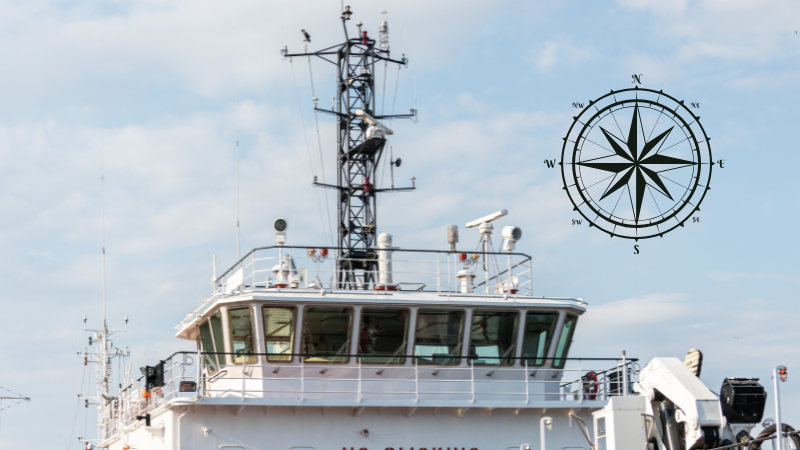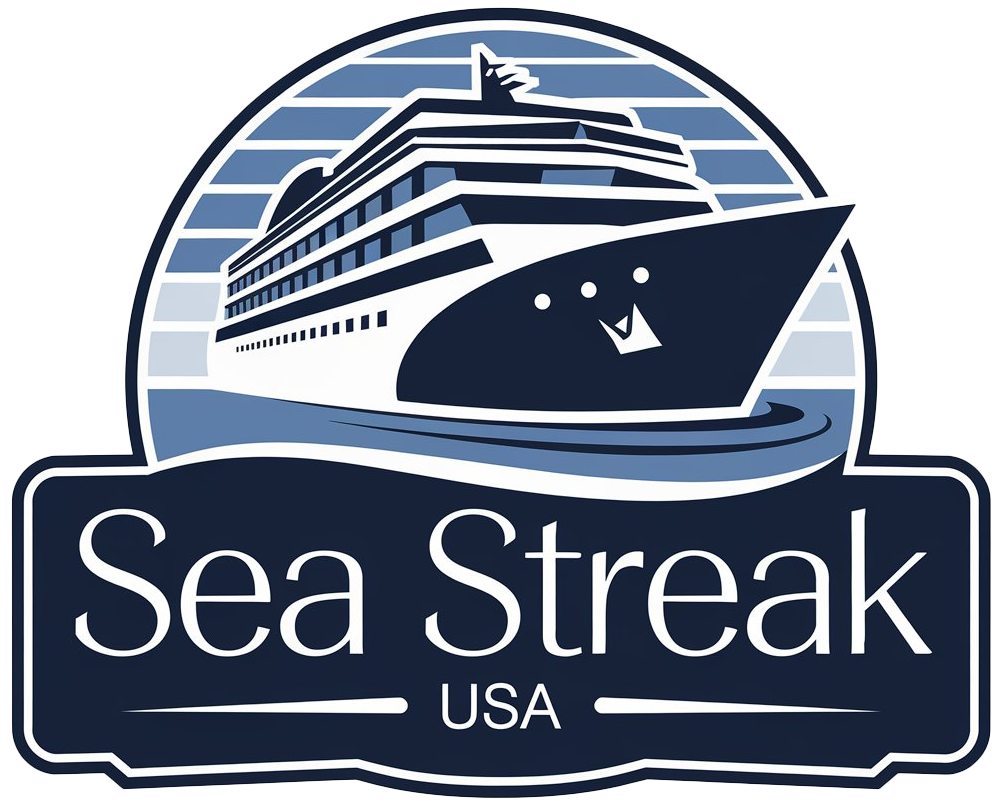If you’ve ever wondered what it’s like to captain a cruise ship (we’re talking about steering through open seas, leading a crew, and ensuring the safety of thousands) you’ve probably also wondered about the paycheck.
Let’s explore what captains of these floating cities earn, how salaries vary, and what factors influence their income.
Average Earnings in 2024
On average, a captain in 2024 earns about $99,627 per year. Their salary reflects years of expertise and the unique pressures of commanding a ship.
Few roles outside the maritime industry offer such a blend of adventure and leadership. Here’s a closer look:
Category
Amount Range
Details
Base Salary
$53,000 – $189,000
Reflects differences in ship size, routes, and company expectations. Higher salaries often involve flagship or luxury vessels.
Bonuses
$509 – $20,000
Rewards for efficiency, customer satisfaction, and operational excellence. Encourages captains to exceed expectations.
Total Compensation
$46,000 – $168,000
Includes base salary and bonuses. May also cover perks such as health benefits and housing.
That’s a wide range, but there’s a good reason for it: not all ships, roles, and companies are created equal.
What Influences a Captain’s Salary?

Let’s break it down into the key contributors.
1. Experience Matters (A Lot)
Why?
- Experienced captains are trusted to handle tricky situations, from navigating rough waters to managing onboard crises. Their ability to remain calm under pressure adds immense value to cruise lines.
- They’ve proven their ability to lead large crews and deliver unforgettable passenger experiences. A captain who’s honed their skills over time becomes a key asset to their company.
2. The Size of the Ship

Some of the biggest ships carry upwards of 6,000 passengers. Managing this kind of operation requires precision and leadership. Bigger ships often mean a higher number of crew members and intricate logistics, creating a more challenging environment.
A bigger ship also tends to have more lucrative itineraries, increasing the stakes and the pay.
3. Cruise Line Reputation
Mainstream lines like Carnival or Norwegian Cruise Line offer strong compensation but may lean toward the middle range. These companies still value skilled captains, but their focus on high-volume, family-friendly cruising influences pay structures.
*Choosing the right cruise line often depends on personal goals, lifestyle, and career ambitions.
4. Bonuses

Common bonuses include:
- Performance incentives: Captains who consistently deliver excellent guest reviews or meet financial goals are typically rewarded. These bonuses encourage ongoing innovation and professionalism.
- Safe voyage bonuses: Prioritizing safety pays off, with bonuses tied to accident-free records. The cruise industry values captains who protect passengers and property.
- Longevity awards: Loyalty matters, and captains with years of service typically receive additional compensation. This is a way for companies to recognize long-term commitment.
Many cruise lines also cover expenses such as:
- Housing (while onboard): Captains typically enjoy private accommodations, saving them significant living costs. These quarters are typically the best rooms on the ship.
- Meals: High-quality meals are included, allowing captains to enjoy onboard cuisine without added expense. Some captains even receive custom meal options tailored to their needs.
- Travel to and from the ship: Companies typically foot the bill for flights and transfers, ensuring captains travel in comfort. This benefit is especially valuable for those who live far from their ship’s home port.
The Path to Becoming a Cruise Ship Captain
Becoming a captain is challenging and often takes years of hard work, education, and dedication. Ambition, persistence, and passion for the sea are essential for success.
Step 1 – Start Small
Most captains begin their careers in junior roles. From deckhand to third officer, the journey involves climbing the ranks while gaining crucial maritime experience. Starting in smaller positions provides hands-on skills and builds confidence.
Step 2 – Get Certified
Formal qualifications are non-negotiable. Aspiring captains need to:
- Complete a maritime degree or equivalent training: Universities and maritime academies offer specialized programs tailored to future captains. These programs cover navigation, engineering basics, and maritime law.
- Earn certifications such as the STCW (Standards of Training, Certification, and Watchkeeping): Certification ensures captains meet global standards for safety and operational expertise. These qualifications open doors to international opportunities.
This education equips future captains with the skills to manage emergencies, lead teams, and navigate the seas. Without proper credentials, climbing the ranks becomes nearly impossible.
Step 3 – Build Leadership Skills
Captains manage hundreds of crew members, interact with passengers, and oversee daily operations. The ability to inspire, communicate effectively, and resolve conflicts is crucial. Strong leadership and communication skills are essential for success.
Is It Worth It?
If you love the ocean, thrive under pressure, and dream of leading a ship, becoming a cruise ship captain might be the perfect career. The journey takes time, but the rewards – both financial and personal: are substantial.

